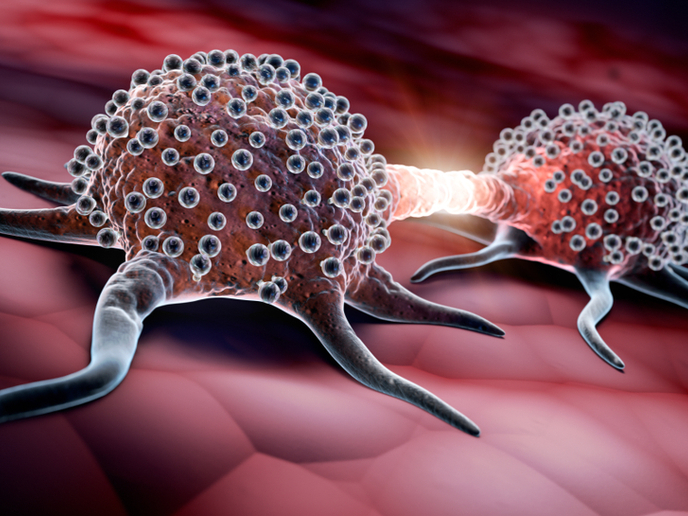Synergised developmental biology optical systems
Selective plane illumination microscopy (SPIM), based on fluorescence of proteins in a sample, can image developmental processes in vivo with rapid high-resolution optical sectioning. Unable to image structures beyond the labelled tissue, SPIM can be complemented with an appropriate technique such as optical projection tomography (OPT). A multimodality system that exploits the features of SPIM and OPT has not previously been fully investigated. The EU-funded project SPIMTOP (Combined selective plane illumination microscopy and optical projection tomography for in vivo quantitative imaging of the developing zebrafish vasculature) has combined the two systems. Researchers developed a data analysis method to yield a detailed dynamic map of the developing vascular system of the zebrafish. Combining the two systems revealed a limitation as OPT requires a long depth of field and SPIM benefits from a shallow range. Overcoming this technical hitch without modifications to hardware, SPIMTOP took a stack of transmission images and created a dataset for tomographic reconstruction. The new method can be readily adopted for a large number of systems including commercial light sheet microscopes. The researchers also developed a real-time routine. This records only relevant data for the reconstruction, is compatible with in vivo imaging and time-lapsed observation of development and also integrates well with rapid SPIM recording. Developmental biology is a rapidly growing area especially with the input of gene expression to morphological data. SPIMTOP technology will broaden the horizons for quantitatively imaging development of translucent organisms such as the zebrafish. Project innovations promise to lend a competitive edge to EU research.







